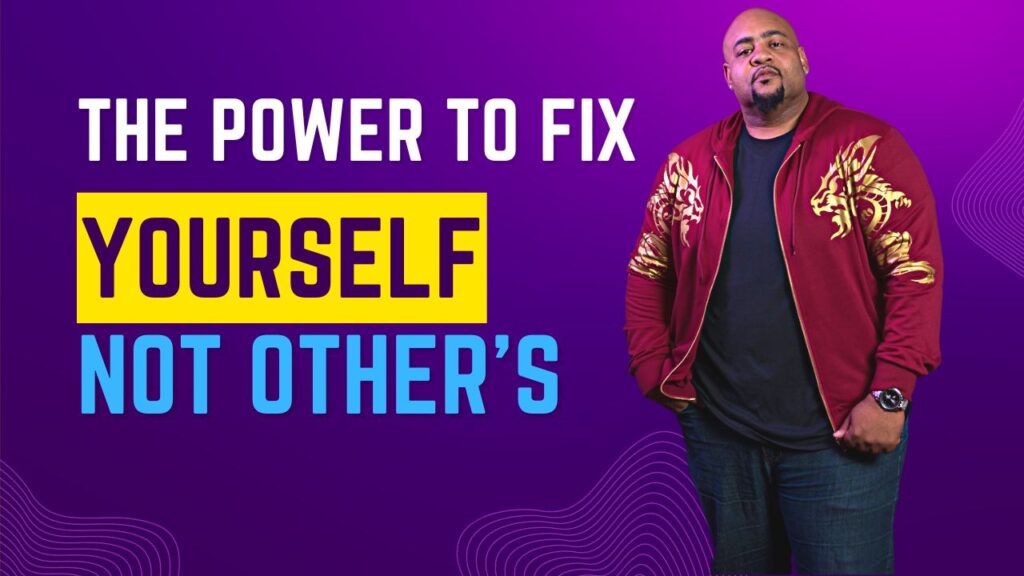
Life is a complex journey filled with ups and downs, successes and failures, and a multitude of experiences that shape who we are. Throughout this journey, we often encounter people who are facing challenges, making mistakes, or simply not living up to their full potential. As compassionate individuals, we may be inclined to help them, to guide them, or even to fix them. However, it’s crucial to remember that while you have the power to fix yourself, you can’t fix others.
Here are some valuable insights into this concept that will help you maintain healthy boundaries, cultivate self-improvement, and foster more meaningful relationships.
1. You can only control yourself
The first and most fundamental truth is that you can only control your own actions, thoughts, and behaviors. No matter how much you care about someone or how desperately you want to see them change, you can’t force them to do so. People have their own agency, free will, and reasons for making the choices they do.
2. Fixing others disempowers them
Attempting to fix others often comes from a place of love and concern, but it can have unintended consequences. When you take it upon yourself to fix someone, you may inadvertently disempower them. They may become reliant on your guidance and not develop the skills to solve their own problems or make their own decisions.
3. People change when they’re ready
Real change happens when a person is ready and willing to change. It’s a deeply personal process that can’t be rushed or imposed from the outside. You may provide support, encouragement, and resources, but ultimately, it’s up to the individual to take the steps necessary for their own growth.
4. Focus on your own growth
While you can’t fix others, you have the power to fix yourself. Use this power to your advantage by focusing on your personal growth and self-improvement. Cultivate your strengths, work on your weaknesses, and strive to become the best version of yourself. Lead by example, and your positive changes may inspire those around you.
5. Offer support, not solutions
Instead of trying to fix others, offer support and understanding. Be there to listen, to lend a helping hand, or to provide guidance when asked for it. Offer solutions only when they are requested and ensure they are presented as suggestions, not mandates.
6. Set healthy boundaries
It’s essential to establish and maintain healthy boundaries in your relationships. This means respecting your own limits and recognizing when your efforts to help someone are becoming detrimental to your well-being. You can’t be of assistance to others if you neglect your own needs.
7. Practice empathy and patience
Empathy is the ability to understand and share the feelings of another person. Practice empathy by trying to see the world from their perspective. Be patient and understanding of their struggles, even if they don’t align with your own values or timeline for change.
8. Acceptance is key
Sometimes, the most powerful way to help someone is to accept them as they are. Acceptance doesn’t mean condoning harmful behaviors or choices, but it does mean recognizing their humanity and the fact that they, like all of us, have flaws and make mistakes.
In conclusion, you have the power to fix yourself and work on your own growth, but you can’t fix others. This realization can be liberating because it allows you to let go of the burden of trying to control or change someone else’s life. Instead, focus on being a supportive, empathetic, and understanding presence in their journey while prioritizing your own personal development. Ultimately, this approach can lead to healthier relationships and a more fulfilling life for both you and those around you.

